Imagine a nursing career with more regular hours, a focus on prevention, and the opportunity to keep entire workplaces healthy. That’s the appeal of becoming an Occupational Health Nurse (OHN). These specialized nurses (also known as employee health nurses) work with companies to prevent injuries and illness, manage workplace safety programs, and care for employees. On a typical day, an OHN might conduct health screenings, treat minor on-the-job injuries, develop wellness initiatives, and ensure compliance with safety regulations – all during business hours. If you’re a registered nurse seeking a rewarding role beyond the bedside, this guide will map out the journey. We’ll cover what occupational health nurses do, how to become one (step by step), the costs and training involved, salary and job outlook, plus specializations, professional resources, key skills, and pros and cons of this career.
Ready to explore this niche? Let’s dive into what an occupational health nurse is and how you can become one.
What Is an Occupational Health Nurse?
Occupational health nurses (OHNs) are licensed registered nurses who specialize in the health and safety of workers and workplaces. They combine clinical nursing skills with knowledge of occupational safety, preventive healthcare, and business operations. The American Association of Occupational Health Nurses (AAOHN) describes an OHN as a nurse who “provides for and delivers health and safety programs and services to workers, worker populations and community groups. The practice focuses on promotion and restoration of health, prevention of illness and injury, and protection from work-related and environmental hazards.” In other words, an OHN’s mission is to keep employees healthy, productive, and safe on the job.
Occupational health nurses typically have at least a Bachelor of Science in Nursing (BSN) and RN licensure, and many pursue additional training or certification in occupational health. Some even attain advanced practice credentials, becoming nurse practitioners or clinical nurse specialists focusing on workplace health. In their roles, OHNs often work independently or with minimal supervision – for example, an OHN might be the sole on-site healthcare provider for a large company, developing health policies and handling employee care autonomously. This contrasts with hospital RNs who work in teams and follow physicians’ orders. While both are RNs, OHNs differ from floor nurses in that they emphasize prevention, risk assessment, and population health (the entire workforce) rather than just individual patient care.
How to Become an Occupational Health Nurse
Becoming an occupational health nurse in the U.S. requires building a strong foundation as a registered nurse, then gaining experience and specialized credentials. Below are six key steps to enter this career, from nursing school to advanced certification:
1. Become a Registered Nurse (RN)
Start by completing an accredited nursing program and earning your RN license. Most OHNs hold a BSN degree, as many employers prefer a bachelor’s-prepared nurse. You can choose a four-year BSN program or a two-year associate degree (ADN) – but note that some occupational health roles may require a BSN. After graduation, you must pass the NCLEX-RN licensing exam to become a licensed RN (see our [RN career guide]). With your RN license, you’re ready to begin practicing nursing.
2. Gain Clinical Experience
Landing a job in occupational health often requires a few years of general nursing experience. New RNs typically start in hospital units or clinics to develop solid clinical and assessment skills. Many OHNs have backgrounds in community health, emergency nursing, or critical care – areas that build the ability to work independently and handle a wide variety of health issues. Aim for 1–3 years of experience. If possible, seek opportunities related to employee health (for example, working in an employee clinic, urgent care, or as an infection control nurse) to make your resume more relevant.
| Career Stage | Duration | Milestones Achieved |
|---|---|---|
| Nursing Education (BSN) | ~4 years (full-time) | Complete a BSN nursing program; graduate with RN-prepared degree. |
| RN Licensure | ~2–3 months post-BSN | Pass the NCLEX-RN exam and obtain state RN license. Now a licensed [Registered Nurse]. |
| Clinical RN Experience | 1–3 years | Work as an RN in clinical settings (e.g. hospital, clinic) to build broad nursing skills. Possibly gain exposure to employee health tasks. |
| Occupational Health Training | Varies (weeks to months) | (Optional) Take occupational health nursing courses or certificate. Join AAOHN and network with OH professionals. |
| OHN Job & On-the-Job Learning | 1–2 years (in OHN role) | Secure a position as an occupational health nurse. Learn specific workplace health duties under experienced mentors. Accumulate ~3,000 hours in the specialty. |
| Certification (COHN/COHN-S) | Eligible after ~2+ years OHN experience | Meet ABOHN requirements (e.g. 3,000 hours), then study for and pass the COHN or COHN-S certification exam. Achieve nationally recognized OHN certification. |
| Advanced Practice (APRN) | +2–3 years (optional) | (Optional) Pursue an MSN or doctoral degree to become a Nurse Practitioner or CNS in occupational health. Expand scope to diagnosing and prescribing (especially useful in states with full NP practice authority). |
3. Pursue Occupational Health Training
While not always required, additional training in occupational health can set you apart. Some nurses take professional development courses or certificate programs in occupational health nursing, often offered through universities, NIOSH Education and Research Centers, or online CE providers. You’ll learn about workplace safety regulations (OSHA standards, workers’ compensation, ergonomics, etc.), toxicology, industrial hygiene, and population health. Another smart move is to join professional organizations like AAOHN early – they offer workshops, resources, and networking that can introduce you to the field.
4. Obtain an OHN Position and Mentorship
With RN experience (and perhaps some specialized training), you can move into an entry-level occupational health nurse position. Employers include corporations, manufacturing plants, hospitals (employee health departments), government agencies, and occupational medicine clinics. In these roles, you’ll likely work under or alongside an experienced occupational health professional at first. Treat this phase as a hands-on apprenticeship: learn the day-to-day responsibilities (handling work injuries, doing physicals, compliance tasks, etc.) and understand workplace health dynamics. Gaining on-the-job experience in occupational health nursing is crucial before you pursue certification.
5. Get Certified in Occupational Health Nursing
After you’ve accumulated some experience in the specialty, consider becoming a Certified Occupational Health Nurse. Certification isn’t mandatory, but it’s often preferred by employers and can boost your credibility (and salary potential).
The American Board for Occupational Health Nurses (ABOHN) offers two main credentials: COHN and COHN-S. To be eligible, you need an active RN license and 3,000 hours of work experience in occupational health within the past 5 years.
- COHN (Certified Occupational Health Nurse) is designed for direct-care OHNs and requires at least a diploma or ADN.
- COHN-S (Certified Occupational Health Nurse – Specialist) requires a BSN or higher (it’s geared toward roles in administration, consulting, or education).
You must pass a certification exam for either. Many OHNs spend about 2–3 years in the field before sitting for these exams. ABOHN also offers a specialty certification in Case Management (CM) for OHNs who manage rehab and return-to-work programs. Earning an OHN certification demonstrates expertise in workplace health and can open doors to higher responsibility roles.
6. Consider Advanced Practice
For even greater autonomy and scope, some occupational health nurses become advanced practice nurses. With a Master of Science in Nursing, you could become a nurse practitioner (NP) focusing on occupational health or an Occupational Health Clinical Nurse Specialist. Nurse practitioners in this field (often family or adult NPs who work in employee health) can diagnose and treat work-related injuries, prescribe medications, and lead wellness programs. This can be especially valuable in workplaces that need on-site primary care. If you choose this path, you’ll need to complete an MSN program (typically 2 years full-time) and obtain NP certification.
Advanced practice OHNs should be aware of state laws – in about 30 states NPs have full practice authority (independent practice without physician oversight), while others require a collaborative agreement. An alternative graduate route is a Master’s in public health (MPH) or a related field focusing on occupational health. Though pursuing an advanced degree is optional, it can equip you for roles like Occupational Health Nurse Practitioner, corporate health director, or consultant.
Cost to Become an Occupational Health Nurse
Becoming an Occupational Health Nurse involves the same foundational expenses as any RN, plus a few speciality-specific add-ons. The biggest outlay is your undergraduate nursing degree. A four-year BSN at a public, in-state university typically falls in the $40 k–$80 k range (tuition, fees, living costs), while private programs can climb well past $100 k. Starting with a lower-cost ADN—about $6 k–$20 k at many community colleges—cuts that initial bill, but you’ll spend more later to bridge up to a BSN.
| Expense Item | Estimated Cost |
|---|---|
| BSN Nursing Degree | $40,000 – $200,000 (total for 4-year program) – Wide range (public vs. private school, includes tuition & fees). |
| NCLEX-RN Exam & License | ~$200 exam fee + $75–$300 state licensing fees – Varies by state (licensure includes application, background check). |
| OHN Certification (COHN) | ~$550 (Application + Exam) – $150 application, $400 exam fee for COHN or COHN-S certification. |
| MSN/NP Degree (Optional) | $28,000 – $80,000 (total) – If pursuing advanced practice (cost for 1–3 year graduate nursing program). |
| Professional Membership | $100 – $200 per year – e.g. AAOHN annual dues (optional, but provides resources and networking). |
| Continuing Education | $0 – $500 per year – Many employers cover CEUs; costs if self-funded for workshops, conferences, etc. |
After graduation you’ll pay roughly $200 for the NCLEX-RN plus $75–$300 for state licensure (background check and fingerprinting can add another $50–$100). Once you have a year or two of workplace experience, certification through the American Board for Occupational Health Nurses runs about $550 in total (application + exam) and must be renewed every five years, usually for a few hundred dollars and continuing-education credits.
Advancing into an APRN or nurse-practitioner role means another financial step: master’s programs range from around $28 k at some state schools or online formats to $80 k-plus at private universities. Finally, plan for ongoing but smaller items—textbooks, uniforms, professional-association dues, and annual continuing-education courses—that can add a few hundred dollars per year.
Many employers subsidize certification fees, conference costs, or even graduate tuition, so it’s worth exploring workplace tuition-assistance or loan-forgiveness programs to soften the overall investment. Nursing students can apply for scholarships, federal nursing grants, or loan forgiveness programs (especially if you work in public health or underserved areas). Employers may pay for your OHN certification exam or an advanced degree if it benefits the company. Weigh the upfront investment against the strong salary and job security of this field – many find that becoming an OHN pays off fairly quickly.
What Occupational Health Nurses Do
Occupational health nurses wear many hats in their day-to-day role, functioning as clinician, educator, safety inspector, and even counselor. Their overarching goal is to prevent work-related health problems and promptly manage any issues that do occur. Specific duties can vary by industry and employer, but generally OHNs are responsible for the following:
Employee Health Care
OHNs provide direct care to employees who become ill or injured at work. This can include first aid and emergency care (for accidents or acute illnesses on the job), administering medications or treatments, and referring employees to physicians if needed. They often conduct pre-employment and periodic physical exams, vision and hearing tests, and drug/alcohol screenings. An OHN will also monitor chronic conditions (like high blood pressure or diabetes) among employees and counsel them on managing these conditions while working.
Health Promotion & Coaching
A key part of the job is promoting wellness. Occupational health nurses design and lead wellness programs to encourage healthy lifestyles among the workforce. This might involve organizing smoking cessation classes, weight management or fitness challenges, stress reduction workshops, and immunization clinics (e.g. annual flu shots for employees). OHNs educate employees on taking charge of their own health and often provide one-on-one counseling on issues like nutrition, exercise, mental health, and managing work-life balance. The nurse becomes a trusted advisor that workers can turn to for health advice, akin to an in-house health coach.
Injury Prevention & Safety Compliance
Prevention is paramount in occupational health. OHNs actively work to identify and mitigate workplace hazards before injuries happen. They might perform worksite walk-throughs and ergonomics assessments – for example, checking that office workstations are set up to prevent repetitive strain injuries, or that factory workers have proper protective equipment and safe workflows. They also investigate incidents: if an employee is injured or claims a work-related illness, the OHN looks into the circumstances to determine causes and prevent recurrences.
Occupational health nurses ensure the workplace complies with OSHA regulations and other health laws (like hearing conservation programs, blood-borne pathogen standards, etc.). They often maintain required OSHA logs and injury/illness records for the employer. In essence, the OHN is the on-site expert in safety and health regulations, helping the company avoid penalties and, more importantly, keep workers safe.
Case Management & Recovery
When employees do get injured or fall ill, occupational health nurses frequently act as case managers. They coordinate care from the initial incident through recovery and return-to-work. This can involve arranging referrals to specialists or physical therapy, facilitating workers’ compensation claims paperwork, and developing return-to-work plans with appropriate job modifications or light-duty assignments.
OHNs liaise with insurance adjusters, physicians, and rehab providers to make sure the employee’s recovery is on track. Their goal is to help employees rehabilitate and safely resume their jobs while also managing the company’s healthcare costs and compliance. Knowledge of the Family and Medical Leave Act (FMLA) and disability accommodations (ADA) is important here, as they often advise HR on these matters.
Health Surveillance & Research
Occupational health nurses conduct ongoing health surveillance of the worker population. They might run periodic programs like hearing tests for noise-exposed workers or routine screening for employees in certain roles (e.g. tuberculosis screening for hospital staff). OHNs also track and analyze health data – rates of injuries, types of illnesses, absenteeism patterns – to spot trends. For instance, if data show a high incidence of back injuries in a warehouse, an OHN investigates and may implement a new lifting safety training.
Many OHNs participate in broader occupational health research or quality improvement projects, such as evaluating the effectiveness of a wellness program or studying the impact of remote work on employee health. By gathering data and producing reports, they help drive evidence-based changes in workplace health policies.
Emergency Preparedness
In some settings, occupational health nurses are key players in disaster and emergency planning. They help develop plans for responding to workplace crises – anything from chemical spills, fires, or machinery accidents to public health emergencies like pandemics. OHNs may stock and manage first aid or emergency supplies, train emergency response teams, and drill employees on evacuation or quarantine procedures. If an emergency does occur, the OHN often coordinates the immediate medical response on site and communicates with community emergency services.
Collaboration and Consultation
While many OHNs work independently day-to-day, they also collaborate with various stakeholders. They advise management and safety teams on health issues, providing input on safety committee meetings or corporate health strategy. They work with industrial hygienists or occupational physicians if the company employs them, consulting on complex cases or environmental hazards.
In healthcare facilities, OHNs (often called Employee Health nurses) collaborate with infection control specialists to manage exposures and immunizations for staff. They may also interface with external agencies – for example, coordinating an OSHA inspection or working with public health departments during an outbreak. Strong communication and teamwork skills are essential, as OHNs serve as a bridge between employees, employers, healthcare providers, and regulators.
It’s worth noting that the specific scope of practice for an occupational health nurse can vary by state and by the nurse’s qualifications. At the RN level, occupational health nurses practice under the state’s nurse practice act – most states allow RNs to carry out the kinds of assessments, first aid, and patient education tasks described above. If an OHN is an advanced practice registered nurse (APRN), such as a nurse practitioner, their scope expands to include diagnosing conditions and prescribing treatment.
In states with full practice authority for NPs (around 30 states as of 2024), an OHN-NP can independently manage most employee health needs on site, from writing prescriptions to ordering tests. In states with restrictive NP laws, the OHN-NP may need a collaborative agreement with a physician for certain actions. Employers typically define protocols for OHNs to follow; for example, an RN OHN might operate under standing orders from a physician medical director for certain medications or vaccinations.
Despite these variations, all occupational health nurses function as advocates for worker health. They have a unique role in that they must balance the health needs of employees with the goals and resources of the employer. Confidentiality and ethical practice are paramount – employees need to trust the OHN, and the nurse must handle sensitive health information appropriately (respecting HIPAA, etc.). At the same time, they contribute to the employer’s success by reducing injuries, illnesses, and absenteeism. It’s a challenging but highly rewarding scope of practice: one day you might be treating a sprained ankle or calming an anxious employee, and the next you’re presenting a report to executives on health trends or implementing a new mental health initiative across the company.
How Much do Occupational Health Nurses Earn?
Occupational Health Nurses (OHNs) generally earn paychecks that mirror — and sometimes edge past — the broader registered-nurse market. The latest U.S. Bureau of Labor Statistics data peg the 2024 national median RN salary at $93,600, with one career guide listing OHNs at roughly $94,480. That figure is almost double the typical earnings for all U.S. workers, underscoring the expertise these nurses bring to the workplace.
Actual take-home pay spans a wide range. Entry-level OHNs in lower-cost regions often start in the low-$60 Ks, whereas highly experienced, certified nurses in major metros or high-paying industries can clear $130 K+. Variables that push earnings upward include years of RN experience, holding an OHN or MSN credential, and working for large corporations, government agencies, or sectors such as oil, tech, or manufacturing.
| State | Avg. RN Salary (Annual) |
|---|---|
| California | $148,330 |
| Hawaii | $123,720 |
| Oregon | $120,470 |
| Massachusetts | $112,610 |
| Alaska | $112,040 |
| New York | $110,490 |
| … | … |
| Mississippi | $79,470 |
| Alabama | $79,970 |
| Iowa | $77,780 |
| Arkansas | $77,720 |
| South Dakota | $72,210 |
Geography remains one of the biggest differentiators. West-Coast and Northeast states dominate the top tier: California averages about $148 K for RNs, Hawaii around $124 K, and Oregon roughly $120 K. By contrast, many Southern and Midwest states sit closer to the $75–$80 K mark, with South Dakota at about $72 K and Arkansas near $78 K. Within any state, urban hubs (think San Jose or New York City) typically outpace rural areas, and specialty employers such as employment-services firms or large tech companies often offer premiums above the statewide RN norm.
As shown, an occupational health nurse in California might average around $140K+, whereas one in Iowa might be around $78K. Keep in mind these are averages – individual positions may pay more or less. Urban areas often pay higher than rural; for example, within states, cities like San Jose or New York City are top-paying metros for OHNs. Additionally, industry matters: OHNs working for employment services or tech companies may earn above the RN norm (BLS data show RNs in employment services average $110K). Those in physicians’ office settings might earn a bit less (around $83K on average for RNs in doctors’ offices).
Job Outlook and Demand
The employment outlook for occupational health nurses is very positive. The BLS projects RN employment to grow 6% from 2023 to 2033, and importantly, “organizations of all kinds need occupational health nurses, [so] employment opportunities are widespread and growing.” Many factors drive this demand: an increasing emphasis on employee wellness and productivity, the need for compliance with health and safety laws, and recognition that preventing injuries saves companies money in the long run. Furthermore, the overall nursing shortage means nurses with any specialty (including OHN) are in demand. Each year, a large number of experienced RNs retire, and not all nursing graduates are choosing occupational health, so OHNs with the right credentials can find jobs relatively easily.
The COVID-19 pandemic also shone a spotlight on workplace health and safety, with companies hiring OHNs to manage screening, contact tracing, and infection control for employees. That has expanded the visibility of the role. Looking ahead, the rise of remote work and new workplace technologies opens even more avenues (e.g. ergonomics for home offices, telehealth for employees). In short, the field is evolving, but the core need – keeping workers healthy – isn’t going away. If anything, companies are now more proactive about employee health as part of their culture and risk management, meaning occupational health nursing will continue to offer stable and rewarding employment.
Specializations & Subspecialties in Occupational Health Nursing
Occupational health nursing is a specialized field, but within it, nurses can further focus their expertise. Most OHNs are generalists at their workplace (handling all aspects of employee health), yet there are distinct tracks and credentials one can pursue. Here are the major specializations and subspecialty options for occupational health nurses:
Certified Occupational Health Nurse (COHN)
This is a professional certification, not a separate job title, but it effectively denotes a specialization. Earning your COHN means you have validated knowledge in occupational health nursing practice. The COHN exam (offered by ABOHN) is open to RNs with at least an associate degree and the required experience. COHNs often focus on clinical care and case management of employees – things like triaging injuries, conducting health screenings, and managing return-to-work plans. Achieving COHN certification signals that you are proficient in the fundamentals of workplace health, safety, and applicable regulations.
Certified Occupational Health Nurse – Specialist (COHN-S)
The COHN-S is the advanced level of certification for OHNs. It requires a BSN or higher degree (plus the same 3,000 hours of experience). The COHN-S exam covers additional competencies in areas like program administration, consulting, and education. COHN-S nurses often take on leadership roles – they might develop company-wide health programs, analyze health data for strategic planning, or serve as consultants to multiple facilities. In practice, a COHN-S and a COHN might have similar daily duties, but the “Specialist” credential highlights a broader scope of expertise, including management of occupational health services. Many OHN job postings will specifically mention “COHN or COHN-S preferred,” so either certification is valuable; which one you pursue may depend on your education level and career goals.
Case Management (CM) Subspecialty
Occupational health often involves coordinating care and benefits for injured or ill workers – essentially, case management. ABOHN offers a Case Management (CM) certification specifically for occupational health nurses who want to demonstrate specialized skills in this arena. To be eligible, you must already be a COHN or COHN-S, and then pass a separate exam. This subspecialty certification covers areas like disability management, workers’ comp law, and facilitation of rehabilitation. An OHN with the CM credential is an expert in navigating the injured worker through the healthcare system and back to work, balancing the needs of the employee, employer, and insurers. In some large organizations, OHNs serve primarily as case managers, focusing on managing each case of injury/illness (especially long-term or complex cases).
| Specialization/Certification | Focus & Qualifications |
|---|---|
| Certified Occupational Health Nurse (COHN) | National certification for OHNs (requires RN license + 3,000 hours OHN experience). Focus on direct clinical care, injury treatment, basic program implementation. Indicates proficiency in essential occupational health nursing practice. |
| Certified Occupational Health Nurse – Specialist (COHN-S) | Advanced OHN certification (requires BSN+ and 3,000 hours experience). Emphasizes leadership in occupational health – program development, administration, consulting, and advanced clinical skills. Suited for nurses in supervisory or specialist roles. |
| Case Management (CM) Certification | Subspecialty credential for certified OHNs focusing on case management. Validates expertise in managing workers’ comp cases, disability, and return-to-work coordination. Enhances roles that revolve around rehabilitation and navigating care. |
| Occupational Health Nurse Practitioner (OHNP) | An APRN role (usually FNP or Adult NP) providing comprehensive healthcare in workplaces. OHNPs can assess, diagnose, and prescribe treatment for employees, often running on-site clinics. Typically requires an MSN and NP certification; scope of practice is broad, with full autonomy in many states. Ideal for those who want to practice occupational medicine as a provider. |
| Occupational Health Consultant/Manager | (No specific additional credential; often a COHN-S or MPH-prepared RN) Focuses on consultative or managerial aspects – e.g., advising multiple companies on their health programs or managing an occupational health department. Benefits from broad experience and possibly business or public health education. |
Occupational Health Nurse Practitioner (OHNP)
While not a formal certification, this is a career track for APRNs in occupational health. An occupational health NP is usually a family nurse practitioner or adult-gerontology nurse practitioner who works in an occupational health setting. They perform higher-level duties like diagnosing work-related conditions, prescribing medications or physical therapy, and ordering tests. For example, an OHNP at a large factory might run an on-site clinic where they treat minor injuries with stitches or medications, manage chronic illnesses (like helping diabetic employees control blood sugar), and perform regulatory exams (DOT physicals, fit for duty exams, etc.).
Some universities offer dual MSN/MPH programs or NP programs with an occupational health focus, but many NPs enter the field through experience and additional training rather than a formal “OHNP” degree. It’s worth noting that as an NP in occupational health, your practice authority will depend on your state – in many states you can practice independently as an OHNP, whereas in others you need a collaborative physician especially for prescriptive authority.
Overall, this subspecialty appeals to those who want greater clinical autonomy and the ability to provide comprehensive care to workers on-site. (There are also a few Occupational/Environmental Health Clinical Nurse Specialists (CNS) out there – nurses with a master’s or doctoral preparation who focus on research, policy, and program development in occupational health – but this role is less common than the NP route.)
Industry-Specific Expertise
Some OHNs further specialize by industry or type of workplace. For instance, a construction site OHN might become an expert in construction safety and heavy equipment ergonomics, while a hospital employee health nurse might specialize in infection control and blood exposure management for healthcare workers. These aren’t separate certifications, but OHNs often tailor their continuing education to their work environment’s needs.
Another example: an OHN working for a corporate office-based company might develop a specialty in mental health and stress management programs (since office ergonomics and stress are key concerns), whereas an OHN in manufacturing might emphasize hearing conservation and toxic exposure monitoring. Over time, you can become a recognized specialist in your industry’s health risks, even presenting at conferences or publishing best practices. Some OHNs also become certified Safety Professionals or Ergonomists, obtaining credentials like the Certified Safety Professional (CSP) or certifications in ergonomics/human factors to complement their nursing practice – these are more interdisciplinary but can enhance one’s niche expertise.
By obtaining these specializations, occupational health nurses can advance their careers, command higher salaries, and deepen their impact. For example, a COHN-S with case management expertise might lead a team of OHNs at a large corporation, or an OHNP might establish a private practice consulting service for small businesses. The pathways are flexible – you can remain a hands-on clinic nurse or move into administration, or do a bit of both. Many OHNs also join related professional networks (some pursue certifications in safety, as mentioned, or even become certified emergency medical responders if their job demands). The common thread is a passion for worker health and a commitment to continuous learning in this multidisciplinary field.
Key Skills and Qualities of an Occupational Health Nurse
Occupational health nursing requires a blend of clinical acumen, public health perspective, and interpersonal savvy. Nurses who thrive in this specialty often share the following skills and qualities:
Clinical Expertise and Assessment Skills
First and foremost, an OHN must be a strong nurse. You should be confident in independent patient assessment, able to recognize when an employee’s complaint might be something serious, and skilled in basic treatments (from wound care to emergency response like CPR). Your broad nursing foundation will be applied to a variety of minor illnesses/injuries and the occasional urgent crisis. In addition, knowledge of preventive care (health screenings, immunizations) is crucial since much of the job is about maintaining healthy employees.
Knowledge of Occupational Health & Safety
Successful OHNs have a solid grasp of workplace health hazards and relevant regulations. You’ll want to develop expertise in OSHA standards, workplace ergonomics, toxicology basics, and injury prevention strategies. Being familiar with laws like FMLA, ADA, and workers’ comp processes is also important. This knowledge enables you to design effective safety programs and ensure compliance without using the word ensure.
Strong Communication & Teaching Skills
Occupational health nurses do a lot of education – from training a group of workers on proper lifting techniques to counseling an individual about managing their diabetes. You need to communicate clearly with people at all levels (line workers, managers, executives, physicians). The ability to explain medical concepts in layperson’s terms and to persuade employees to follow health guidance is key. Listening is equally important; you’ll often act as a trusted confidant for employees’ personal health concerns. Being approachable and building rapport helps employees feel comfortable reporting issues before they worsen.
Autonomy and Initiative
In many cases, the OHN is a one-person (or small team) department. You should be self-directed, capable of prioritizing your own tasks and making decisions with minimal supervision. Employers rely on you as the expert; you might need to create a policy or solve a health problem from scratch. Being proactive – spotting trends and implementing a fix without being told – is highly valued. This autonomy is a big draw for many nurses, but you must be confident in your judgment and willing to take responsibility.
Critical Thinking & Problem Solving
Occupational health scenarios can be complex puzzles. For example, determining whether an employee’s illness is truly work-related, or finding a reasonable accommodation for an injured worker’s restrictions, requires analytical thinking and creativity. OHNs gather and interpret data (accident reports, exposure levels, health metrics) to identify problems and craft solutions. Strong problem-solving skills help in developing effective interventions that protect health while keeping operations running smoothly.
Flexibility and Adaptability
The varied nature of the job means an OHN should be flexible. You might plan to spend a morning doing paperwork, but then a chemical splash incident happens and your day is completely rearranged. Or corporate priorities shift and you need to quickly roll out a new wellness initiative. Being able to adapt, shift gears, and remain calm under changing circumstances is vital. Many OHNs note that flexibility is one of the top qualities needed – no two days are the same, and that’s something you should embrace.
Interpersonal and Cultural Skills
As the bridge between employer and employees, an OHN must be adept at building trust and maintaining neutrality. You’ll interact with a diverse workforce, so cultural competence and respect for all backgrounds is a must. You also sometimes navigate sensitive situations (like an employee struggling with substance abuse or a dispute over work restrictions), which calls for empathy, diplomacy, and confidentiality. A good OHN can advocate for an employee’s health needs while also communicating effectively with management about company needs – it’s a delicate balance that requires emotional intelligence.
Organizational Skills
Juggling multiple programs and responsibilities means you need to be well-organized. OHNs manage records and documentation (e.g., OSHA logs, medical files, training records), often for hundreds or thousands of employees. Attention to detail ensures nothing slips through the cracks – for instance, that all staff got their required vaccinations or that an injured worker’s follow-ups are on schedule. Time management skills help you keep up with daily clinic visits, phone calls, meetings, and planning duties without becoming overwhelmed.
Passion for Preventive Health
Lastly, an intangible but important quality is a genuine interest in promoting health and safety. The best OHNs truly care about keeping people out of harm’s way. They find satisfaction in preventing an accident or catching a health issue early just as much as treating a wound. This preventive mindset – focusing on wellness and risk reduction – is at the heart of occupational health nursing. If you’re the kind of person who is always thinking of how to make things safer or healthier (maybe you were the one at your old job who adjusted everyone’s computer chairs to avoid back pain!), you’ll find this field very rewarding.
In summary, occupational health nursing is ideal for nurses who are independent, well-rounded clinicians and also big-picture thinkers. You’ll draw on everything you learned in nursing school plus new areas like safety and industrial hygiene. It’s a specialty that lets you use education and advocacy skills to influence an entire workplace, not just one patient at a time. Many of these skills can be learned or sharpened through experience – so if you don’t feel you have them all yet, don’t worry. Over time, working as an OHN will naturally develop your communication, leadership, and problem-solving abilities.
Advantages and Disadvantages of a Career as OHN
Occupational health nursing appeals to many RNs because it combines regular hours with a leadership-level scope. Most positions run Monday through Friday, letting nurses step off the rotating-shift treadmill and regain family or personal time. On the job they serve as the site’s clinical authority, creating safety initiatives, advising executives, and guiding wellness programs that keep entire workforces healthy. The day-to-day mix—treating a cut one moment, crunching injury data the next—staves off monotony, while salaries typically match or exceed hospital pay, especially for certified or management-track OHNs. Many practitioners say the biggest reward is seeing long-term culture change: fewer injuries, lower stress, and a workforce that trusts “their nurse.”
| Advantages | Challenges |
|---|---|
| Regular hours & better work-life balance – Mostly Monday–Friday, daytime schedules; weekends and holidays are usually free. | Potential isolation – Often the sole healthcare professional on-site, with limited peer consultation. |
| High autonomy & leadership opportunity – Serve as the on-site clinical authority; can lead safety committees and progress into management or consulting roles. | Workplace politics – Balancing employee advocacy with management expectations can create stress and conflict. |
| Prevention-focused practice – Emphasizes wellness programs and hazard control rather than solely treating illness after it occurs. | Exposure to workplace hazards – Possible contact with chemicals, infectious agents, or machinery noise while managing others’ safety. |
| Diverse, engaging daily tasks – Injury care, data analysis, health education, and cross-department collaboration keep the role varied and interesting. | High responsibility & stress – Front-line decision-making in emergencies and legal/financial implications of fitness-for-duty calls. |
| Competitive salary & robust benefits – Often equals or surpasses hospital RN pay, especially with certification; large employers offer strong insurance and retirement plans. | Continuous upskilling needed – Must stay current with evolving regulations, new diseases, and workplace trends; demands ongoing CE and possible extra certifications. |
| Meaningful population-level impact – Ability to shape a safety culture, reduce injuries, and earn long-term appreciation from employees. | Limited immediate patient outcomes – Success is measured in injuries prevented, so hands-on clinical gratification and acute-care skills may diminish. |
The specialty’s freedoms come with trade-offs. Being a department of one can feel isolating, and straddling the line between employee advocacy and management expectations sometimes puts the nurse in the political crossfire. Personal exposure to chemicals, infectious agents, or industrial noise is a real risk, so diligent PPE use and hazard awareness are part of the job. Responsibility is heavy—decisions about work-relatedness, return-to-duty timing, or emergency response carry legal and financial weight—while busy seasons such as annual health screenings can be intense.
Professional growth never stops. Regulations shift, new pathogens emerge, and remote-work ergonomics evolve, so continuous education and, often, additional certifications are essential. Outcomes are also less immediate than bedside care; success is measured in injury rates that never spike rather than dramatic recoveries. For nurses who prize autonomy, prevention, and public-health impact, the advantages generally outweigh the drawbacks. Those drawn to high-acuity hands-on skills or constant team camaraderie, however, should weigh these factors before leaping into the role.
Bottom line: Occupational health nursing offers a unique blend of independence, holistic care, and public health. It’s not without its challenges, but for those who value prevention and a stable, influential nursing role, the benefits often outweigh the drawbacks.
Professional Organizations & Resources
Below is a quick-reference table of key professional organizations and federal resources that support U.S. occupational health nurses. Each group offers some combination of networking, certification, education, research, or regulatory guidance.
| Organization | Brief description |
|---|---|
| American Association of Occupational Health Nurses (AAOHN) | Largest U.S. membership body for occupational & environmental health nurses; provides continuing-education courses, practice standards, advocacy, and an annual conference. |
| American Board for Occupational Health Nurses (ABOHN) | National certifying authority that administers the COHN, COHN-S, and CM credentials and maintains core competency standards for the specialty. |
| Association of Occupational Health Professionals in Healthcare (AOHP) | Professional society focused on employee-health and safety programs in healthcare settings; offers a peer-reviewed journal, webinars, and a national conference. |
| National Association of Occupational Health Professionals (NAOHP) | Network and accreditation body for provider-based occupational-health programs; supplies benchmarking tools, policy templates, and management training. |
| Occupational Safety and Health Administration (OSHA) | Federal agency that sets and enforces workplace-safety standards while offering free compliance guidance and publications. |
| National Institute for Occupational Safety and Health (NIOSH) | CDC research institute that develops knowledge and recommendations to prevent work-related injury and illness. |
| CDC Workplace Health Promotion | CDC portal that helps employers design evidence-based wellness and safety programs, including the Worksite Health ScoreCard. |
| APHA – Occupational Health & Safety Section | Section of the American Public Health Association (est. 1914) that advocates for worker health and supports interdisciplinary collaboration. |
| American College of Occupational and Environmental Medicine (ACOEM) | Nation’s largest medical society devoted to worker health; publishes guidelines and offers education useful for nurse-physician collaboration. |
| National Safety Council (NSC) | Non-profit providing safety training (e.g., Principles of Occupational Safety & Health course) and data resources that OHNs can leverage for prevention programs. |
These organizations collectively form a strong support system for occupational health nurses. As a newcomer, joining AAOHN is a great first step – you’ll gain access to mentors and learn about local meetings (and OHN “Week” celebrations). AOHP is a must if you’re in a hospital employee health role. And even if you’re not yet certified, attending ABOHN info sessions can help you plan for that milestone. Active involvement in professional groups keeps you up-to-date on regulations and innovations in workplace health. For example, during the COVID-19 pandemic, AAOHN and AOHP provided timely guidance to OHNs navigating vaccination policies and return-to-work protocols. Networking through these organizations can also lead to job opportunities; many OHN positions are filled by word-of-mouth within the community of occupational health professionals.
Additional resources worth mentioning include the Occupational Safety and Health Administration (OSHA) and National Institute for Occupational Safety and Health (NIOSH) websites – they offer free publications on workplace health guidelines and research (helpful for an OHN designing programs). The Centers for Disease Control and Prevention (CDC) has resources on workplace vaccination and pandemic planning. Some OHNs also join the American Association of Occupational Health Professionals (a smaller group for those in private industry roles) or the occupational health section of the American Public Health Association (APHA), to engage with broader public health initiatives. The learning never stops, but having these professional communities makes it enjoyable and greatly enhances your expertise.
Ready to Become an Occupational Health Nurse?
Embarking on a career as an occupational health nurse means stepping into a role where one nurse truly can influence hundreds of lives for the better. You’ll be the advocate who speaks up for safer workplaces, the caregiver employees trust, and the strategist helping businesses value health as much as productivity. It’s a path that requires dedication – obtaining your RN, building expertise, and possibly earning certifications – but it leads to a rewarding niche at the crossroads of healthcare and working life.
As you reflect on this potential journey, ask yourself: Does the idea of preventing illness and injury, and being a leader in worker health, excite you? If you find purpose in keeping others safe and well, and you’re ready to take on both the challenges and benefits we’ve explored, then occupational health nursing might just be your perfect fit. With a growing demand for OHNs across the country, the opportunity is there.
Is protecting and promoting the health of America’s workforce the next chapter in your nursing career? Only you can answer – and the answer could lead you to a fulfilling new role as an Occupational Health Nurse.
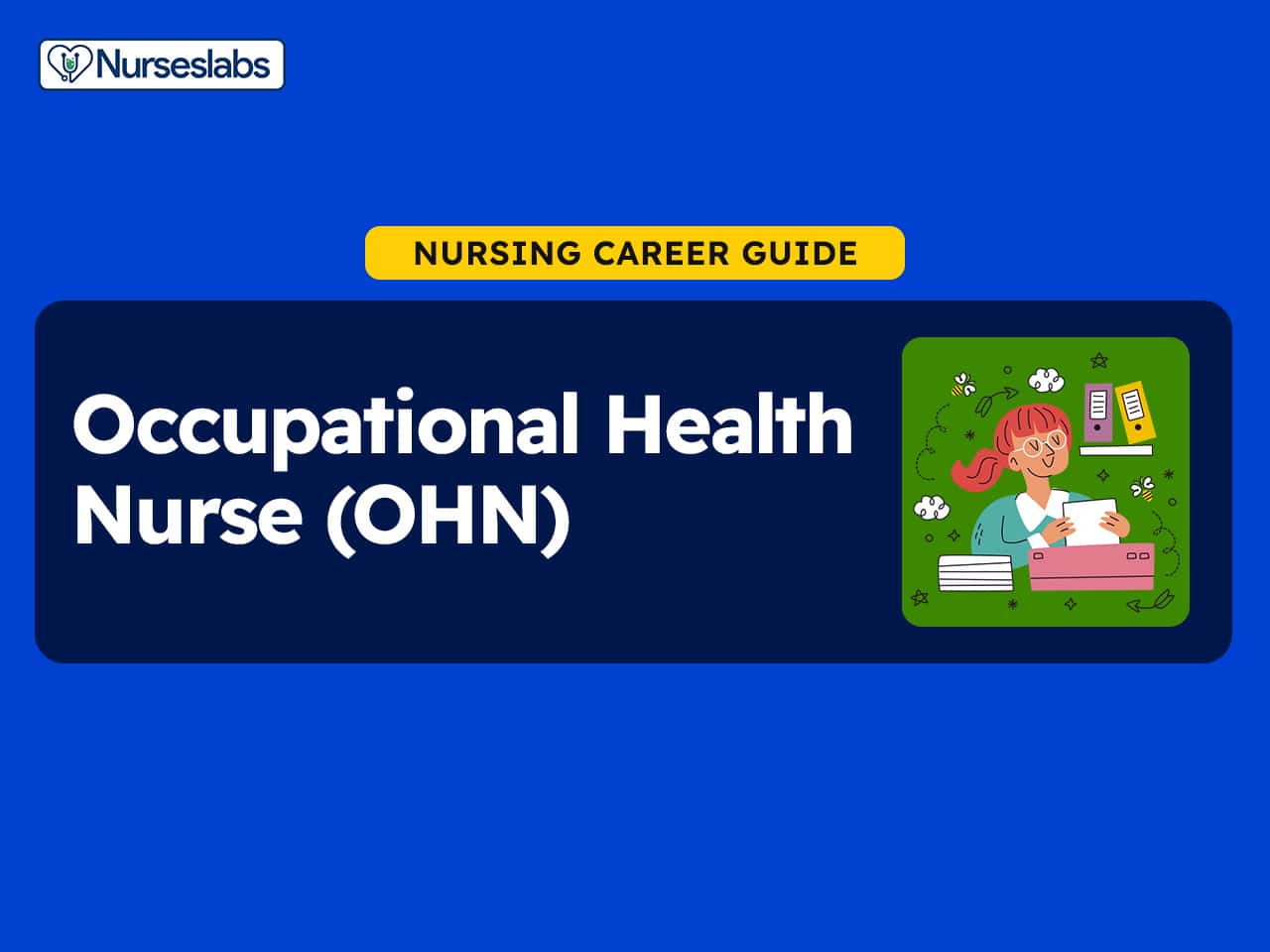
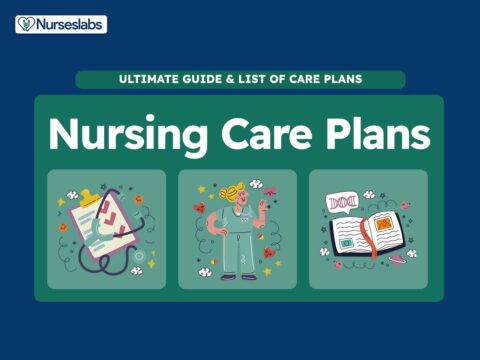
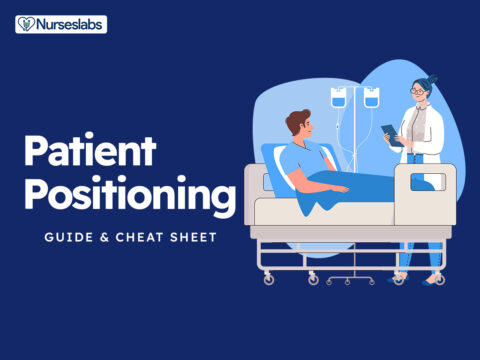
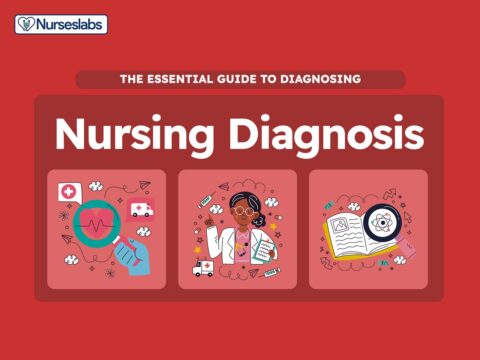
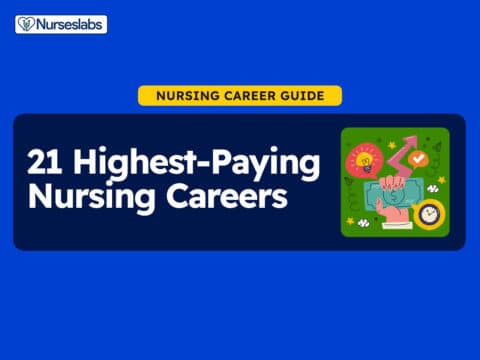
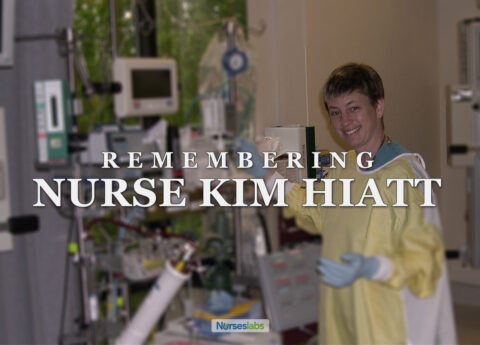
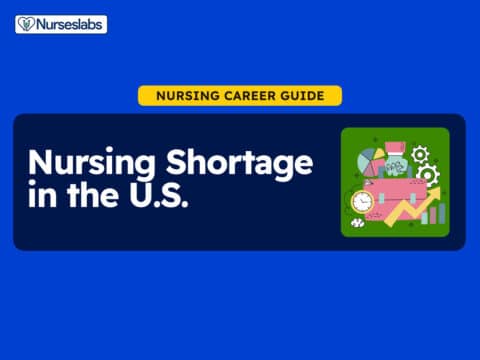
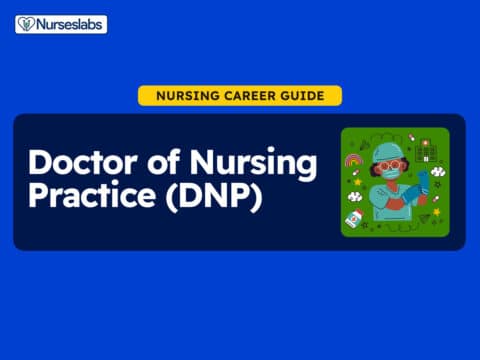
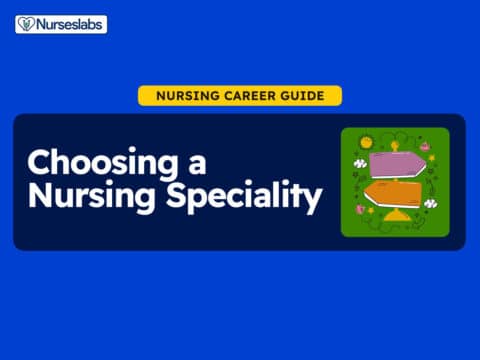
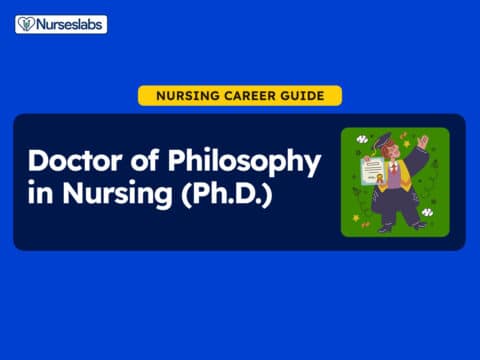
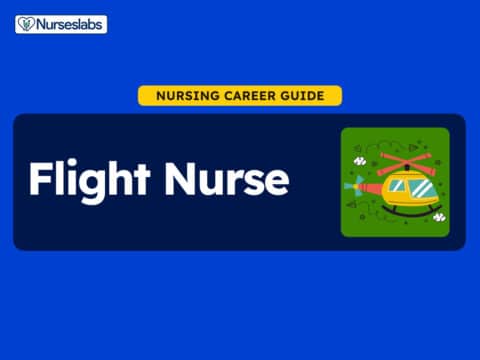
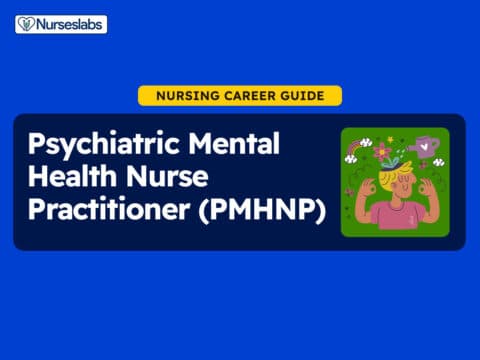
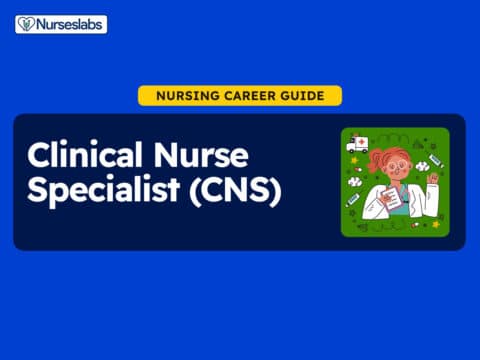
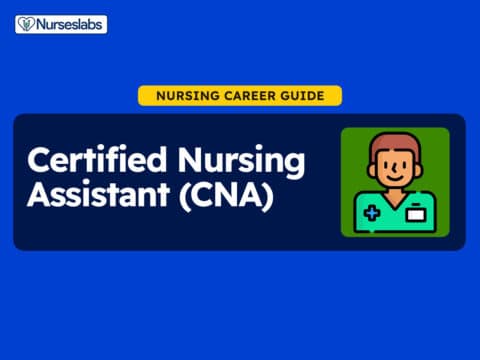
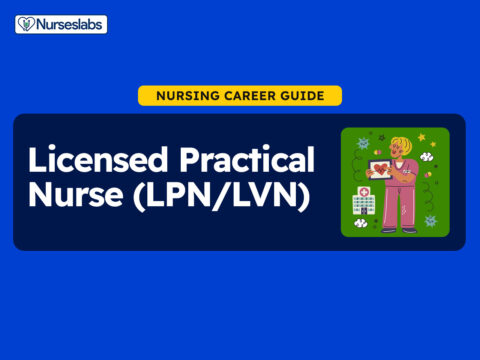
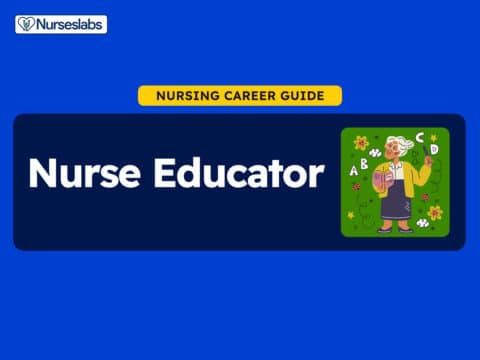
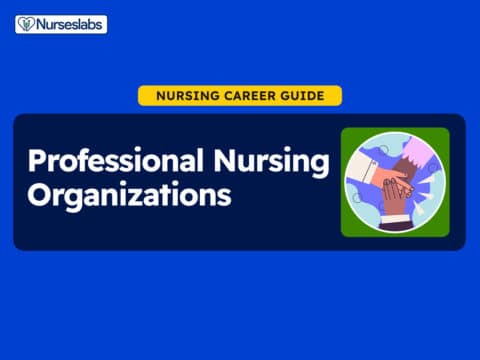
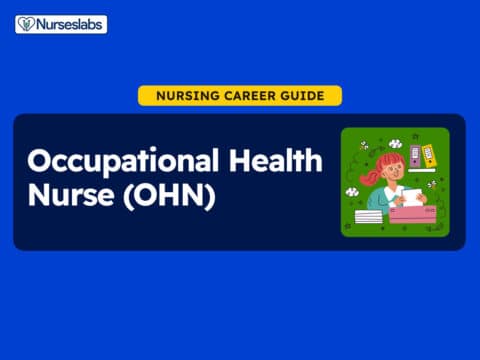
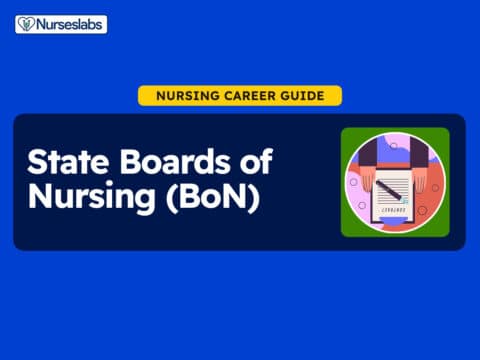
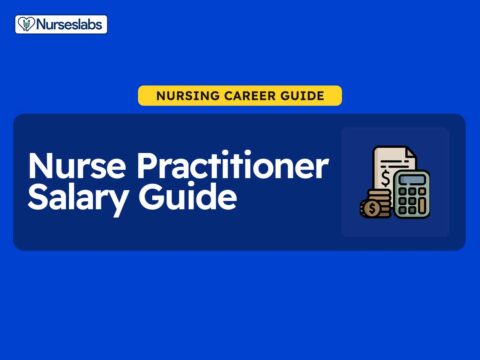
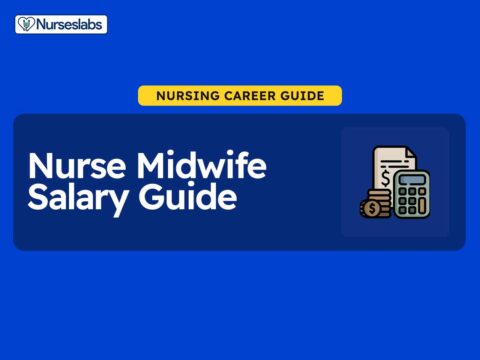

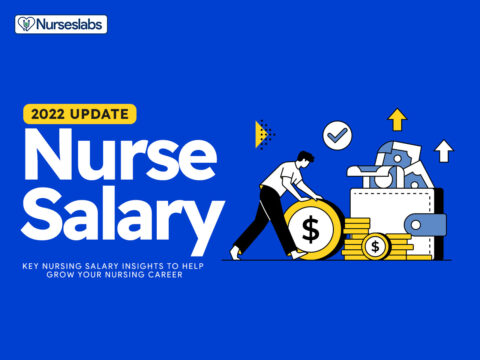
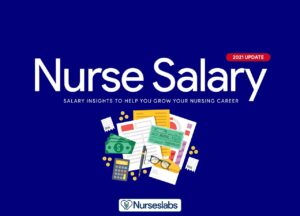
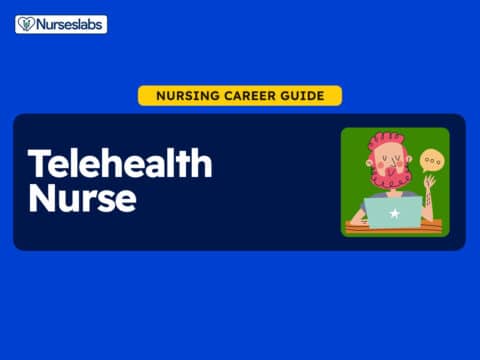
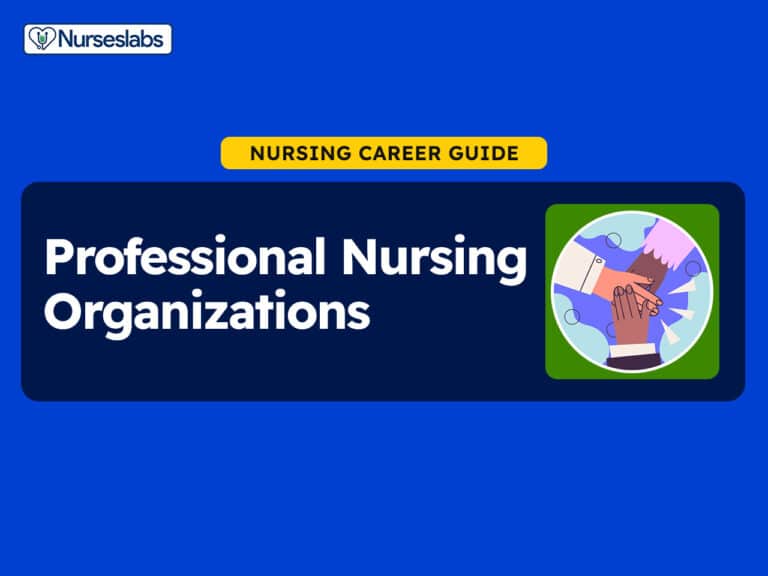
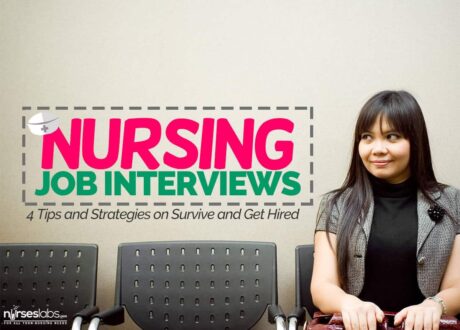
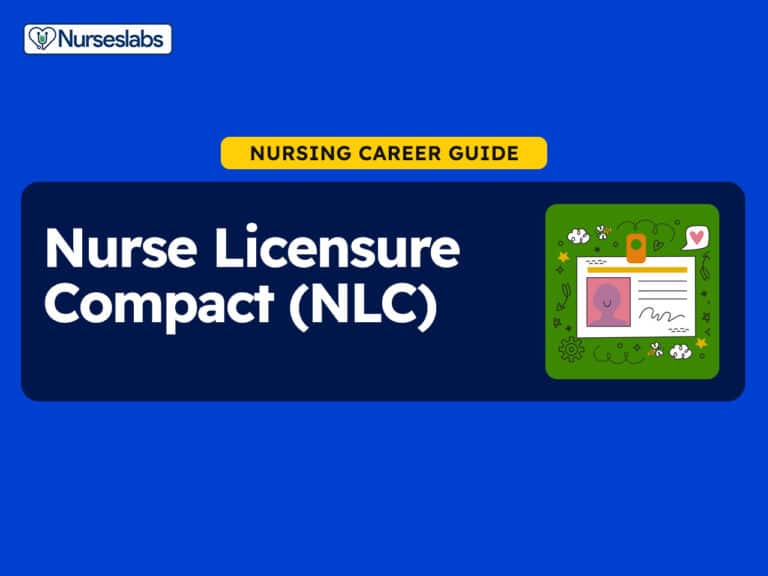
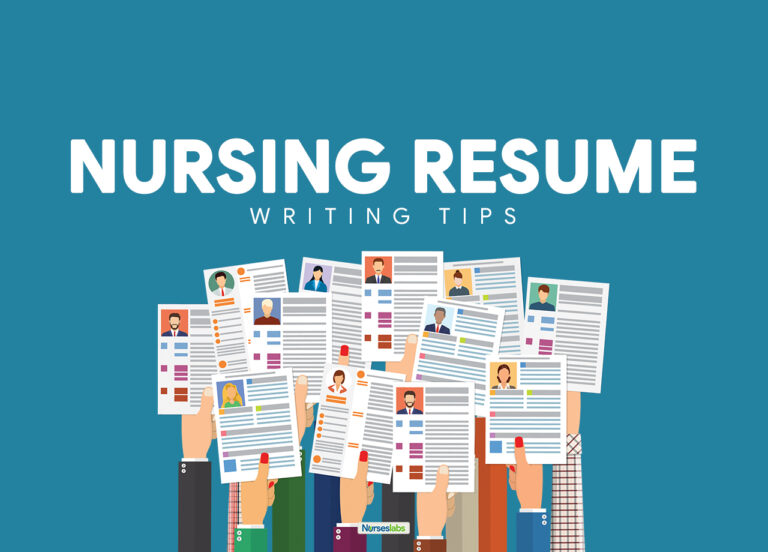
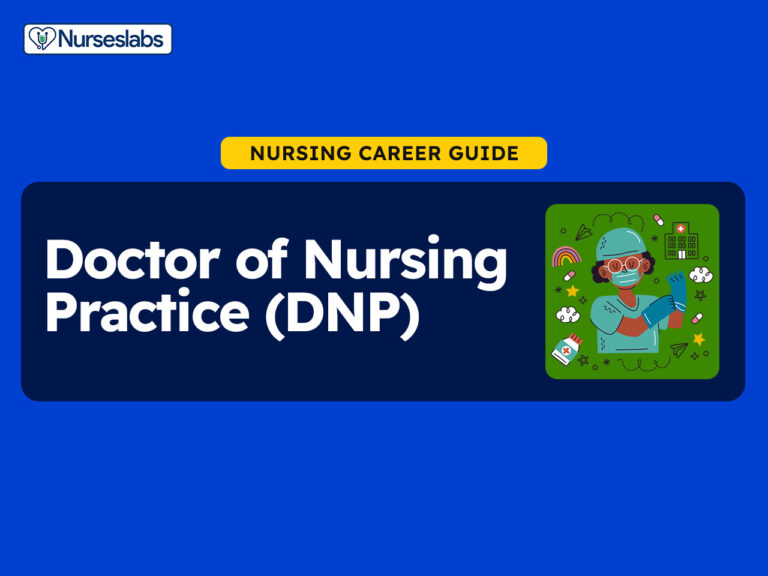
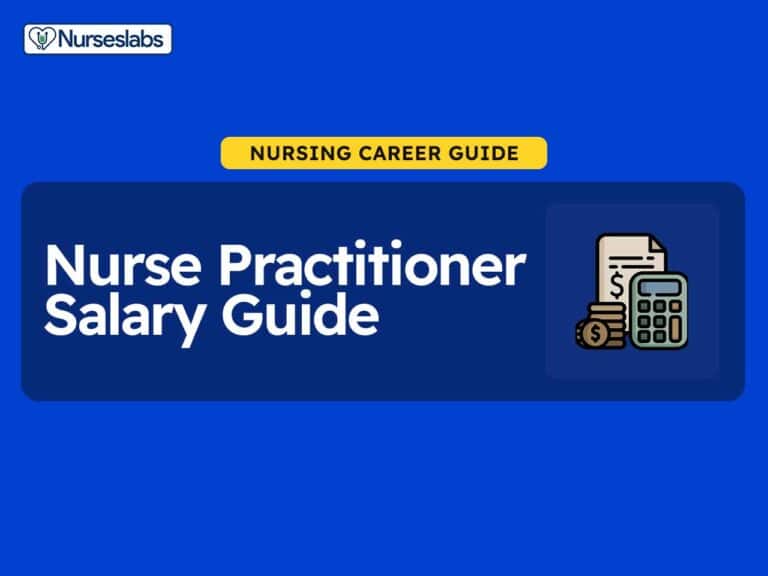
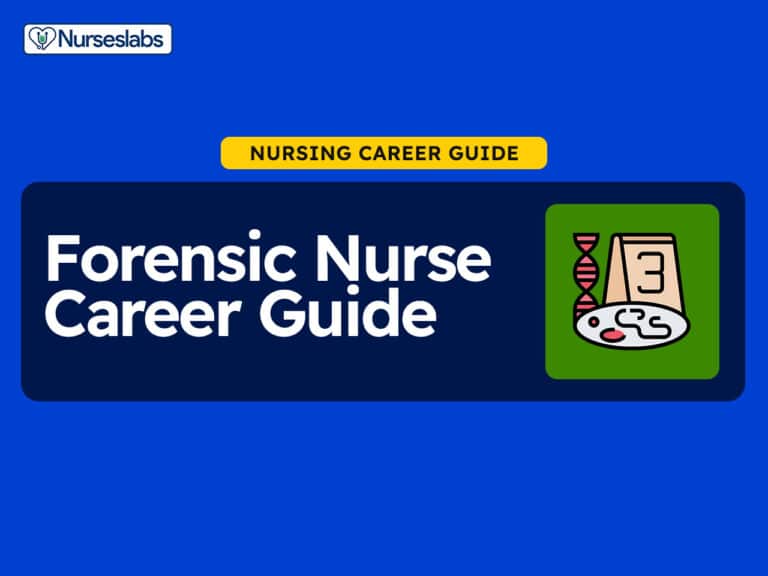

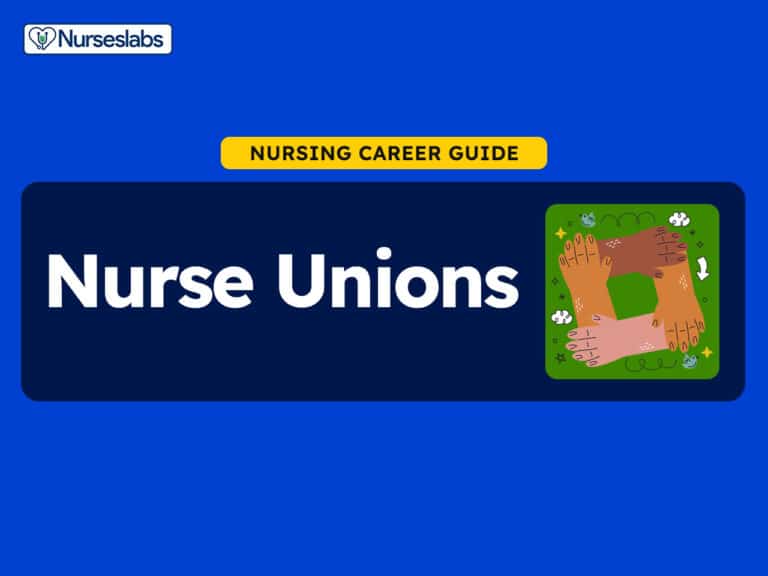
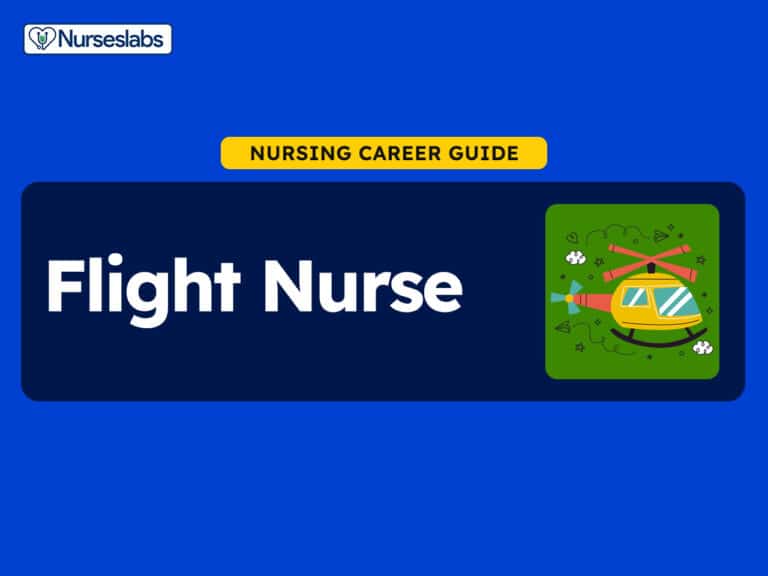


Leave a Comment